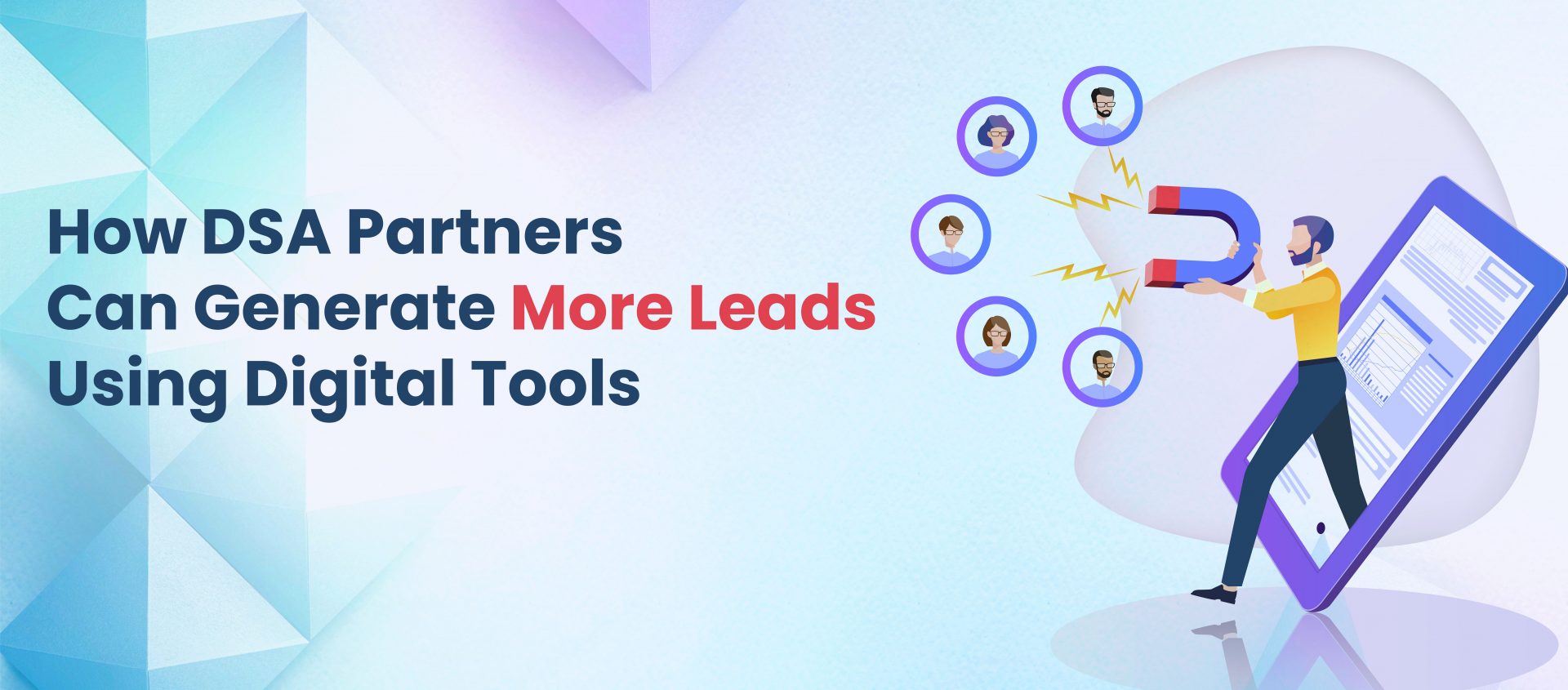Interest Rate Hike, How to Cope?
Finally the Reserve Bank of India (RBI) has bitten the bullet and taken the hard step of hiking the repo rate in the first quarter of new financial year after many soft steps which probably were not sufficient to curtain the monster of inflation. With the increase of interest on savings account and rise in repo rates (rate at which the RBI lends to the banks) by RBI, the banks are now left with no alternatives but to raise the interest rates on all the loan products due to this double whammy.
Till now the banks have resisted the temptation to raise their interest rates with every raise in Repo rates, but not any more. Many prominent players have already increased the interest rates between 0.50% to 0.75 % depending on the leeway the bank has got and the competitive scenarios in the market.
Impact on the borrowers:
Due to the current rate hike the worst affected are the home loan borrowers who are servicing the loan under floating interest options as the lender under the floating regime has the power to increase the rates of interest on the basis of its base rate.
Another reason for home loan borrowers to be hard hit by this rate hike is due to the fact that the amount generally borrowed as home loan is substantial and the repayment tenure is also very long. Those of you who have taken home loans under floating rate options, will have to pay higher interest rates on the amount outstanding as your bank is bound to take the inevitable step of increasing the interest rates.
Options with the customers and the banks:
This increase in the interest rates impacts your EMI in two ways. Firstly, the direct way, your bank will increase the amount of EMI based on increased floating interest rate. In this case you will have to shell out more money every month to service the existing home loan. This option of raising the amount of EMI may or may not be feasible for many borrowers. Under the Other option the bank will keep the amount of your EMI same but increase the number of EMIs which you will have to pay by extending your loan tenure.
The second option is always not that simple to implement as increasing number of EMIs may fall heavy on many borrowers. Moreover the bank will not be in a position to increase the number of EMIs beyond your retirement age of 60 years. Hence you will invariably have to service the increased EMIs due to increase in the interest rates. But if you have substantial number of years left to retire then bank may offer you this option.
If you want to escape both these situations then you should consider making part prepayment of your outstanding loan amount which ensures that amount of EMI and the number of EMIs remains the same. But you should consider this only if you have your own surplus funds which you may not need in the immediate future. It will not be a wise step on your part if you borrow ( read from other lender) from somewhere else to part prepay the loan to keep the amount and number of EMI same because then you will end up paying an additional EMI for this new loan.
Generally the loan amount of home loan is quite significant and it is not always possible to arrange for such huge funds to prepay the full loan amount. But for those of you who are contemplating repayment of the full outstanding amount need to ponder over a few points.
Implication of full repayment of home loan
As the home loan tenure is generally long hence it undergoes many interest rate cycles during currency of the home loan so the interest rates going up and down is part of the deal. Therefore unless you own sufficient funds to spare, which you may not need in near future. Before you decide to prepay full loan amount , you have to evaluate the other options where the surplus money can be invested.
As the home loan comes with relatively lower rate of interst and it the net effective interest rate goes down due to tax deductibility of interest. If the effective rate of return on alternative investment is expected to be more than the effective rate of interest on home loan, it does not make sense for you to prepay the home loan.
Moreover retaining the suplus money invested in alternative avenues will give you financial buffers in case you need money in future for any financial emergency.
Particularly if you are considering full repayment of your home loan then remember the other implications of interest rate cycle like prepayment penalty charged by the bank in accordance with your loan agreement. Another implication being the tax breaks which you are availing would no longer be available once the entire home loan is repaid.
As per the income tax laws, presently you are able to claim income tax benefits in respect of interest payment and principle repayment so the effective rate of your home loan is substantially lower than what you are actually paying.
Once you prepay the entire home loan your tax liability to the extent of interest benefits will go up. As far as principle repayment component is concerned, you will anyway be able to claim the full amount of Rs. 1 lac for the current year ending on 31st March 2012.
This will not have effect in future years since the Direct Tax Code which is proposed to be implemented from 1.4.2012 does not have any provision for allowance of tax benefits in respect of loan repayment. If you are anticipating requirement in future for which you would have to borrow, please keep in mind that all other borrowings other than home loan are costlier.
So before you decide to take a particular decision on repayment of your home loan, please evaluate all the pros and cons before going in favour of any particular decision.








